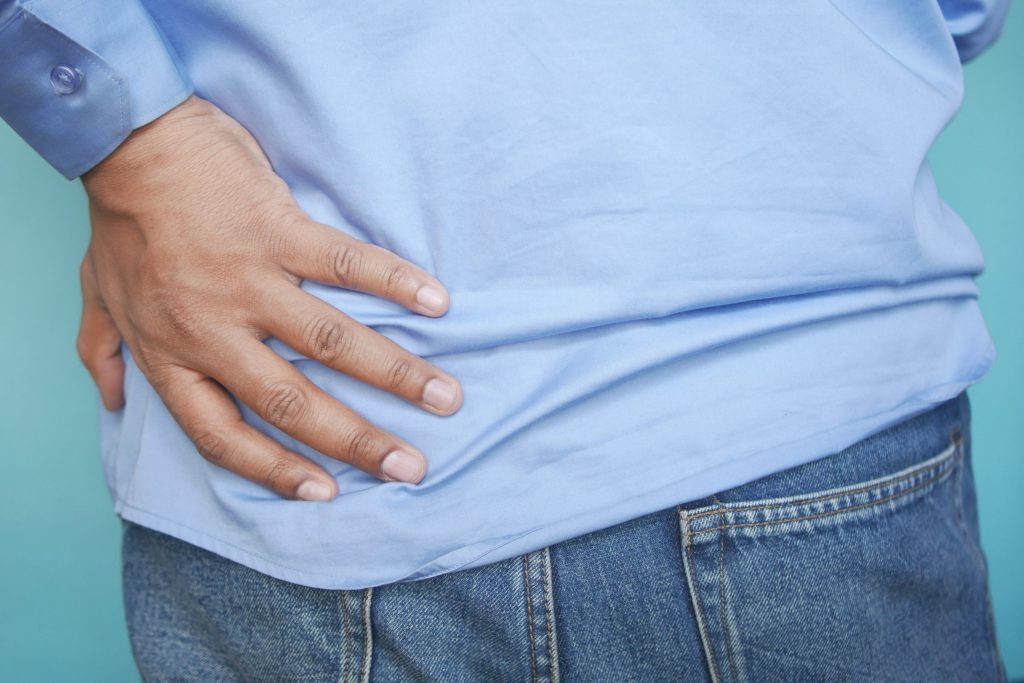Hands up if this last little cold snap has caught you completely unawares?? Yes, it’s winter and we live in one of the most temperate climates going around, but it’s COLD! Since the cold winds have blown in we’ve seen an increasing number of phone calls to the office. Emergency styled Chiropractic appointments because seemingly out of no where, people’s lower backs and necks have “gone out.” You probably know the feeling. You’ve been travelling along alright and then on the most innocuous movement, bang. You’re in a world of pain and struggling to move with intense back pain. Well the good news is two fold, 1st you are not alone and 2nd Transitions Chiropractic + Massage is here to help.
There’s 3 things that you may want to consider in the colder temperatures to decrease the likelihood of random attacks of back pain.
1. WHAT DO MUSCLES DO IN THE COLD?
Whenever it is cold, muscles naturally tense up and fire more. This is my captain obvious statement for today. Especially if you’ve ever dived into the ocean at this time of year, what’s your next immediate response? You shiver. Shivering is in essence an exaggerated version of a muscle contraction.

Now, we know that muscles are there to help us move and they also have a huge role to play in preventing injury to the delicate structures of your spine, etc. However, you are all aware of muscle fatigue. Whether it’s the tension you feel after being in the garden, standing on your feet all day, the inability to lift the last 3 reps at the gym or having to walk the final stages of a marathon- it’s muscle fatigue. When muscles are fatigued, they don’t move well or contract nearly to the same degree as when you’re feeling fresh.
So just like a fatigued muscle, if you’ve been exposed to the elements and are finding yourself cold, your muscles might be firing a lot more even if there’s not much exercise involved. Your muscles could be contracting just to try to keep you warm.
I guess this is the part where I sound like a parent and say “it’s cold outside, grab your jacket.” But weirdly enough parents are right. To decrease the strain on the muscles and maximise their ability to help movement and not cause back pain from fatigue, keep your muscles warm.
2. COLD WEATHER & SLEEPING
These two things seem to go hand in hand. Everyone seems to love a good ole sleep in, especially when it’s cold and dark outside. There’s a couple of things here too that you may want to consider if you’re trying to avoid waking in unexplained pain.
- Remember it’s cold. Above we talked about how much extra the muscles are firing when cold. Surely you’ve had that moment when you’ve dived into bed, realised you didn’t have enough layers on and stayed there twitching and wriggling trying to keep warm. In this instance, you’re fatiguing the muscles in an attempt to produce heat. The problem is next time you go to roll over, your muscles will be too tired to do the job. That’s when pain strikes. The extra blanket, thicker pyjamas or even heated blanket could be the perfect antidote to this.

- Body position especially for side sleepers. If your pillow doesn’t provide you with adequate support, you’ll likely be trying to pull your shoulder towards your ear. Maybe even tuck your arm under the pillow. In either of these positions, it’s almost a forced muscle contraction. Imagine trying to hold your arm in a bicep curl position for 6 hours. There’s a great chance your arm would cramp. Similarly, if your shoulder is tucked underneath your neck, it’s likely to end in back pain too.
- As for the lower back, if you’re sleeping on your side and the mattress doesn’t have adequate support, then the lower back muscles (especially the Quadratus Lumborum) will be tensed the entire night, attempting to protect the lower back. The problem here is that if you try to move while this muscle is tense, almost all lumbar movement is impossible. The result can be a sharp twinge of back pain even on the simplest sideways roll or bend with a little bit of rotation added in the mix. As you can see, this could be a problem even in the warmer months, but during winter it is complicated due to the extra weight of blankets making support even more crucial.
3. COLD WEATHER & EXERCISE
Honestly, when it’s cold and dark outside, anyone who can still commit to their exercise program gets a gold star in my book. However, there are a couple of key caveats to keep in mind when it is cold.
- You’ll need longer to warm up. Not just your heart and lungs, but all of your muscles, tendons, and other soft tissue too. If you start trying to do anything too hard too quickly there’s a good chance the soft tissues won’t respond. That’s where injury will strike. I’d suggest that ideally, there needs to be a longer cool down too. Otherwise a quick, sudden stop would result in a much quicker cool down of the body compared to warmer temperatures.

- Explosive exercises are tough. Although these dynamic exercises, hill sprints, jumping exercises and anything involving rapid change of direction are fun- they require an incredible degree of muscle coordination and activity. By all means do them, yet I’d highly suggest a longer, progressive warm up to mitigate the chance of injury overall.
- Dress accordingly. We’ve touched on this point already, but when exercising you want your muscles there to do the work of the activity. Not just shivering to keep you warm. Although keeping you core warm is vital to your health, the working muscles of your limbs might also need a little insulation to work at their best too. Consider that extra jacket and longer pants, your muscles will certainly thank you for it.
As many of you would know, injuries like back pain and neck pain seem to come from nowhere. It’s my suggestion that this time of year it’s even more likely. It can be hard to stay warm and your body does everything in its power to try to keep you at an ideal temperature. But this might just lower the threshold for pain to strike at any moment. So good luck for the rest of this winter. I hope this helps and gives you a good excuse to rug up. You know we’re here to help, whatever the issue is and regardless of how trivial the cause might have felt. Stay warm, stay healthy and stay pain free.

